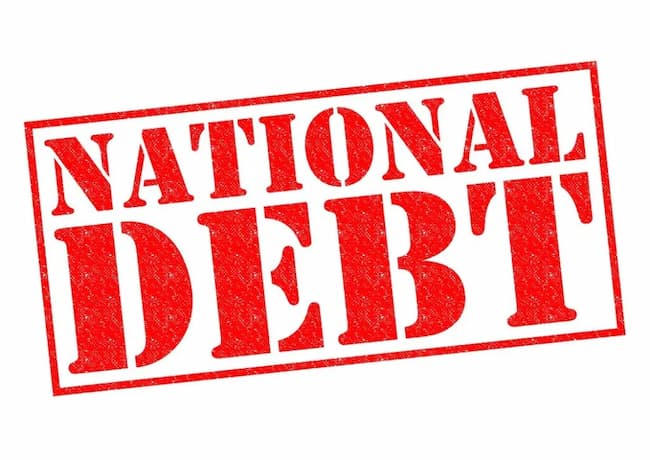Nigeria’s overall public debt has reached an all-time high of $44.06 trillion, according to the latest domestic debt data provided by the Debt Management Office (DMO), up from N42 trillion in the second quarter of the year.
At the conclusion of the third quarter of 2022, the nation’s debt profile is predominantly driven by domestic borrowing, which accounts for more than 61%, and external debt, which accounts for more than 38%. According to the figures, debt service expenses increased by 23% to N3.04 trillion.
Federal government borrowing accounts for 49% of local borrowing, while state government debt accounts for more than 12% of this risk. The statement excludes more than N20 trillion borrowed from the national bank by the Nigerian government.
According to current figures, the FG has raised more over #20 trillion via the Central Bank’s Ways and Means window. The finance minister recently hinted at a government proposal to securitize the money through the local debt capital market.
Details concerning the idea are now hazy as the market awaits the government’s final decision. According to analysts, the quantum of overdrafts raised by FG through the ways and means window violates the CBN Act.
Fitch Ratings recently downgraded Nigeria’s government rating, citing debt concerns while noting that interest payments have continued to outstrip income collection.
Furthermore, the local currency has continued to lose value as a result of poor export earnings and rising import expenses. When completely secured, Nigeria’s real debt load may be near 70 trillion.













